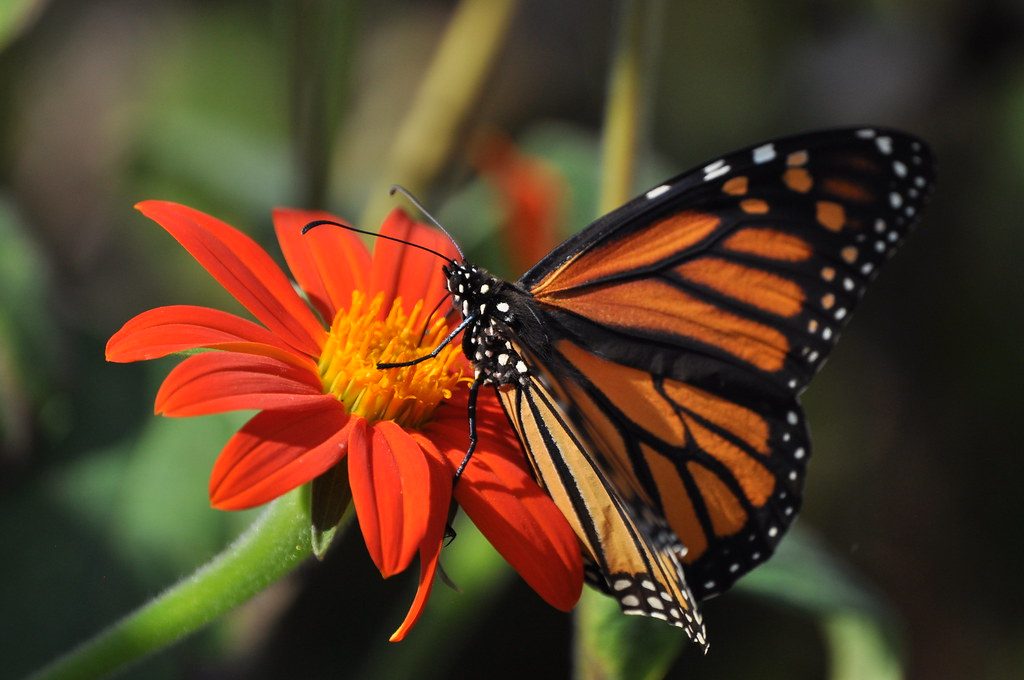
My 50th birthday is drawing near, and I’m thinking about death. That’s not unusual since my birthday is Halloween. Skeletons and ghosts my whole life. I expect those soon will join a bad back and a cough that just won’t go away. But this year I’ve been around death more, accompanying people as they, or loved ones, narrowly escape or succumb, so it feels particularly acute.
One way of thinking about Christianity is as the rehearsal of the process of birth, death and rebirth. We do this through sacraments and liturgy, through song and prayer. As with all the great contemplative traditions, we are practicing dying. As we face life’s losses, we find that there is life on the other side, so we are also practicing resurrection. I believe — and it has been the experience of hospice chaplains I know — that the better we are at practicing resurrection throughout our lives, the more we are able to face our actual death at the end. This has been my working theory and what I teach. However, this constant contact with death has shaken me. As a friend recently remarked: “From my hospital bed, death is not a metaphor.”
Perhaps my friend did not expect to be facing this at so young an age. Maybe she just didn’t have enough time to practice.
But isn’t that always the case? Even if you’re 90, won’t you wish you had more time? Isn’t there always some imagined future to which you would like to bear witness? The reality is that, whenever it comes, actual death is fundamentally different than anything we have faced before.
Typically, religion gives some answer to this. For Christians, it is eternal life in heaven. For Hindus, it is reincarnation. But if anyone tells you what death is like or what happens after, they are lying. I would be, too. I haven’t done it yet and will be condemned to silence once I have just like everyone else.
So I’ll stumble along and keep practicing. I think it will help. I hope it will. Richard Rohr, from whom I take some direction on these matters, suggests that this practice of dying is a practice of learning to give things away: our life, our love, and ultimately our death. It is the letting go of power, control, delusion, and separation so that we come to understand that we are eternally connected to all things.
The day after my birthday each year, the Church celebrates All Saints Day, a veneration of the dead. We talk about who they were and what they meant to us and what they might say to us today. They continue to speak, not about what it is like for them after death, but what life should be for us here and now. Each one is an icon that points from the particulars of this life to some great, incomprehensible mystery of which we will always be a part.
Perhaps that is what our practice yields: becoming the kind of person people can imagine speaking into their lives forever. Whatever we faced in our lives, including death, and how we faced it continues to resonate through the ages. Maybe that doesn’t seem like much, but it’s all I’ve got. It will have to be enough for now.




